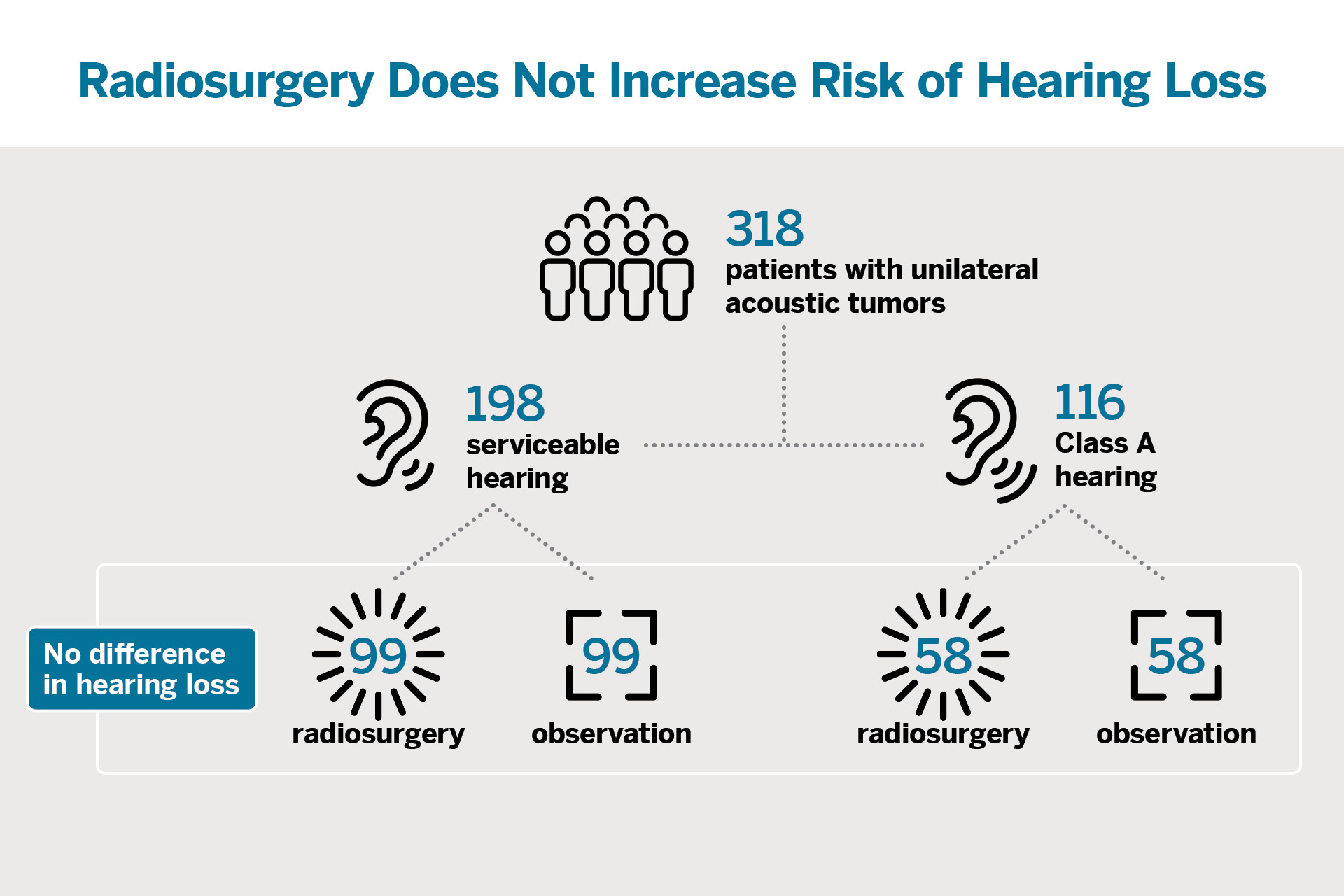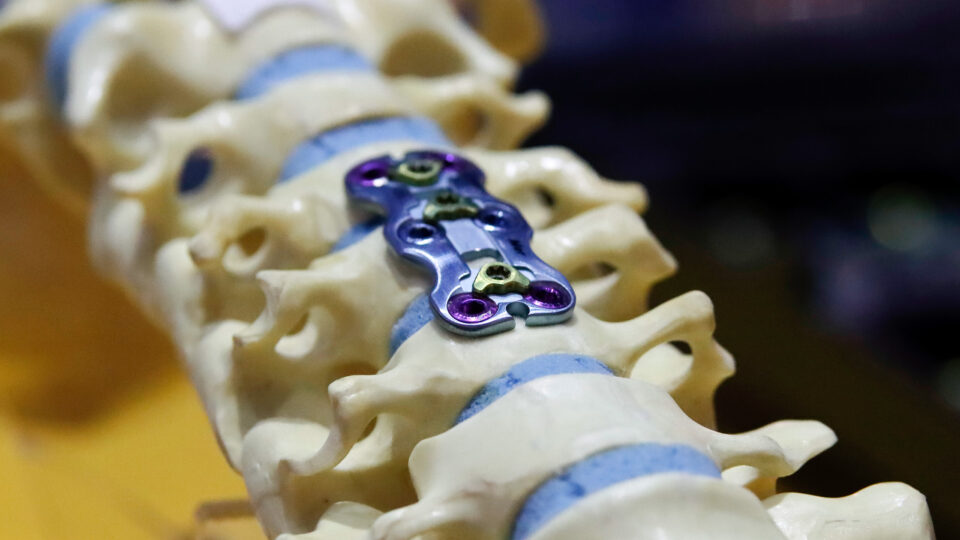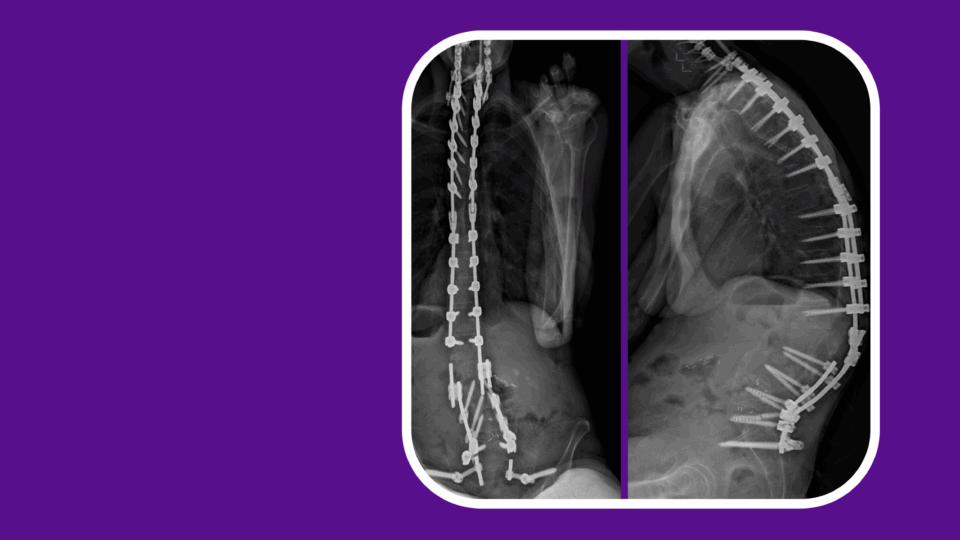For patients with intact hearing, the prospect of sterotactic radiosurgery to remove a vestibular schwannoma may trigger concerns. However, new findings suggest the intervention may be a conservative hearing preservation strategy.
“There are patients who choose observation for their tumor in the hope of maintaining hearing for as long as possible, while the tumor may still grow, and others who choose gamma knife radiosurgery earlier with the aim of stopping tumor growth and maintaining hearing,” says Douglas Kondziolka, MD, director of the Center for Advanced Radiosurgery.
Dr. Kondziolka teamed up with neurosurgery chair John G. Golfinos, MD, and neurosurgery resident Zane Schnurman, MD, to directly compare hearing outcomes between the two approaches.
In the largest study on the topic to date, the team split groups of patients with unilateral vestibular schwannomas into observation or surgery cohorts. The researchers controlled for potential confounders, such as tumor volume, patient age, and sex.
“For the first time, this study showed that both approaches led to similar hearing outcomes during the observation period.”
Douglas Kondziolka, MD
Among 198 patients with serviceable hearing at baseline, there were no significant differences in survival or median time to hearing loss between the cohorts. For 116 patients with Class A hearing at baseline, hearing loss occurred 27.2 and 29.2 months later in the surgery and observation cohorts, respectively.
“For the first time, this study showed that both approaches led to similar hearing outcomes during the observation period,” Dr. Kondziolka says. The study has earned the Lunsford & Leksell Radiosurgery Award at the 2022 American Association of Neurological Surgeons Annual Scientific Meeting.






